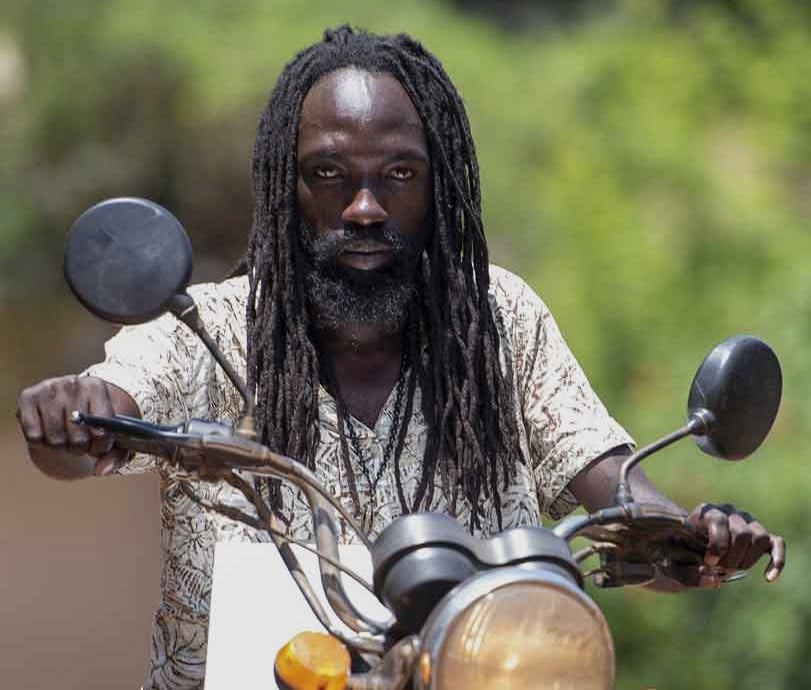Prime
Why do we make gender-based violence about women and girls?

Emilly C. Maractho (PhD)
What you need to know:
- Sometimes my dear readers remind me, that men too suffer from similar forms of violence...
The 16 days of activism to end gender-based violence has been ongoing since November 25, and will end this week on December 10.
Imagine, every year, you mark out 16 days when you are doing activism around something like gender-based violence. And you have a target like to end it by 2030, and in 2023, it feels like you have not even scratched the surface of what you are dealing with when the figures start flowing.
Gender-based violence is about any act or threat of harassment, intimidation or violence whether persistent or isolated that is directed against any person on the basis of their gender. It could result in physical, sexual or psychological harm or suffering. In some cases may result in the impairment of a person’s dignity, whether it is a single act or a pattern of repeated acts.
Many people get surprised, that a conversation on gender-based violence, which presupposes that this harassment and violence is on the basis of one’s gender, end up being about women.
These conversations quickly turn into campaigns to end violence against women and girls. Sometimes my dear readers remind me, that men too suffer from similar forms of violence in our society.
For instance, the UN Women runs campaigns that calls on governments and other non-governmental actors like civil society and the media to jointly address violence against women and girls. In this campaign, some people point out, the UN system makes it about women, yet men are victims too.
“Why do we make this about violence against women and girls?” I am often asked.
Even though the reasons are clear, it appears not to be obvious to many. I have often been confronted with this question, people claiming that there are more men globally, who are increasingly struggling with violence on the basis of their gender. And this is true, even though I am in no mood to throw the figures around.
What we know for sure, and why the campaigns turn to be about ending violence against women and girls is because the statistical records indicate, larger number of women and girls suffer from violence.
I need not bore my readers with the numbers; the Police Force does a good job of putting them out. If we care to read into the data that police release, we will be surprised by the staggering figures. We can agree, that it is a human rights issue yes, but it is more of a women’s rights issue specifically.
When these stories quickly become about women and girls, it is not to make the stories of men invisible, but to recognise that far too many women and girls suffer in comparison to men.
No doubt, when violence is understood more broadly, beyond the physical form, there are perhaps a lot more men suffering in comparison to the figures reported. We just do not keep it in our radar.
We may wish to be interested in understanding better, why more women and girls are in the statistics than men. Is it because women report more than men do? Even that, would point to a deeper cultural problem for both men and women. There are social and cultural reasons.
The 16 days of activism against gender-based violence recognises that there are cultural and behavioural reasons that can perhaps be addressed through continuous education, awareness and change of attitudes.
Gender-based violence is something we should all be concerned about. If for nothing else, that if we are not directly affected by it, we likely know people who are. The other reason is that, with so much work going on, progress is often very slow.
This is one of the oldest campaigns that run globally for several days. Some countries like Uganda even have laws in place like the domestic violence Act of 2010, which locates the violence in the domestic sphere.
It is an interesting framework for dealing with the problem of violence with many institutions mandated and given power to act on it, yet outside the domestic space, so much also happens. The fact that progress remains slow, signifies that there is need to keep talking, walking and working.
December is a special month in the life of activism. There is the December 1 used to mark World Aids Day, then the 16 days of activism against gender-based violence and commemoration of Human Rights Day on December 10.
While it is a tiring task to keep commemorating things like this, it helps us to reflect on how far we have come and how much further we have to go.
Emilly Maractho (PhD) is the director of Africa Policy Centre and senior lecturer at Uganda Christian University.




